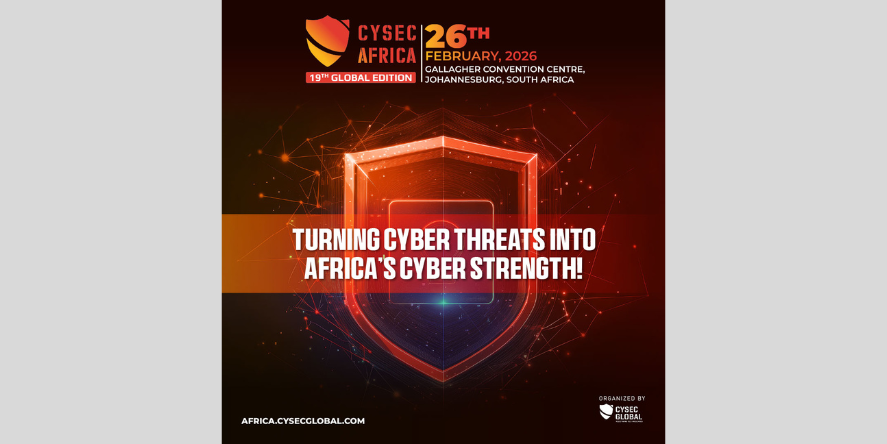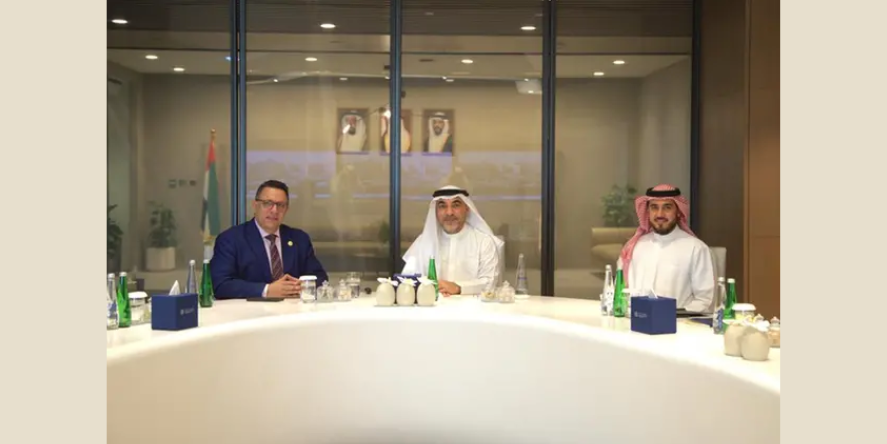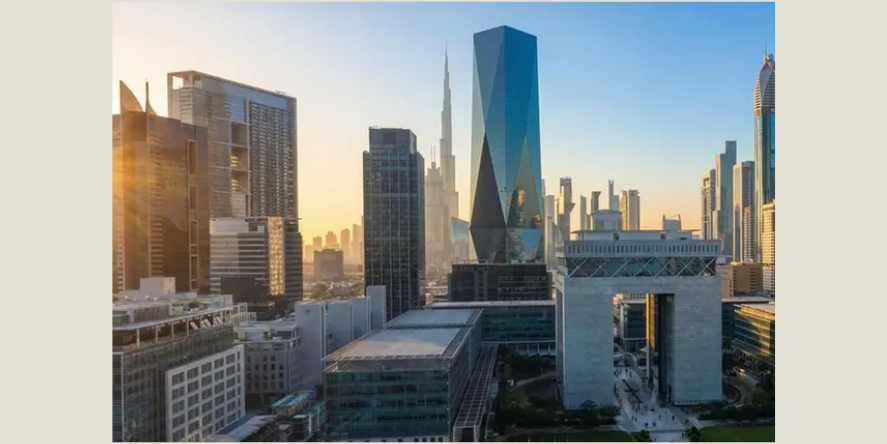- The firm defends active management for an environment of greater political uncertainty, mainly due to Brexit and the commercial war between the United States and China.
- In the opinion of the manager, returns are likely to be more moderate over the next five to ten years.
- One of the main concerns that companies will have is cybersecurity, a risk that can reduce the value of their actions.
Looking to the last quarter of the year, Allianz GI experts met at the London Investment Forum to discuss the state of the global economy and discuss how investors should approach markets. The consensus was clear: the global economy is still functioning quite well, but politics and trade will lead markets in increasingly unexpected ways.
Faced with this scenario, Neil Dwane, global strategist at Allianz Global Investors , believes that “actively managing risks and opportunities, including diversification among regions, asset classes and sectors,” can help. In this sense, the return of uncertainty and volatility are characteristic of the global economic outlook, so it will be a great opportunity for asset managers to “select the winning companies,” says Dwane.
The analysis made by the experts of Allianz GI shows that this instability will be global: the commercial policy of President Trump and Brexit are added to a climate of uncertainty, although the winners will become evident in the long term. Add to this that growth will not be so synchronized by which inequality will be a real threat to economic and social stability, “but there are many options available for companies that want to correct imbalances,” he says.
In his opinion, six key points of the world economy can be identified:
1. The Brexit will not be resolved in a single decision, and not all sectors will lose:as a result investors will tend to look at those companies that are better prepared for Brexit or whose business has less dependence on the European Union.
2.Trade wars are bad for markets, but not necessarily for active investors:Dwane points out that investors should look for opportunities to buy from the volatility related to the United States as a result of the new bilateral agreements that they sign with Mexico, Canada and Germany, as well as with other trading partners. “If there is a slowdown in emerging markets, or if China adopts a more vengeful attitude, it is likely that the United States will be the safest place for investors,” he says.
3.Economic inequality is disruptive, but focusing on the ESG (ESG) is advantageous: The manager argues that inequality has become an increasingly important part of political talks in the United States and Europe, where disparities in wealth continue to grow. According to Dwane, “this is a warning signal that investors should pay attention, especially because inequality has the potential to cause upheaval, instability, environmental degradation and a series of social ills.”
4. It is time for companies to confront cyber risk seriously:In this sense, the manager recalls that cyber attacks have become one of the main concerns of companies as this type of risk can cause the stock price to fall or damage its reputation. The good news, recalls Dwane, is that “many companies are making a surprising amount of progress in the fight against cyber disruption, but some are much better equipped than others to handle these problems.”
5. There are reasons why investment in infrastructure has quadrupled since 2008:Increasingly, investors see infrastructures as a type of investment that helps them have a certain balance in their portfolio.” This class of alternative assets is attractive to investors because of the healthy risk / return profile it has. It provides a long-term stable yield potential, better diversification and the ability to help protect against inflation, “he argues.
6. The cycles are fought with long-term active investments: In his opinion, returns are likely to be more moderate over the next five to ten years, so investors need to look for less cyclical strategies with an active approach.










